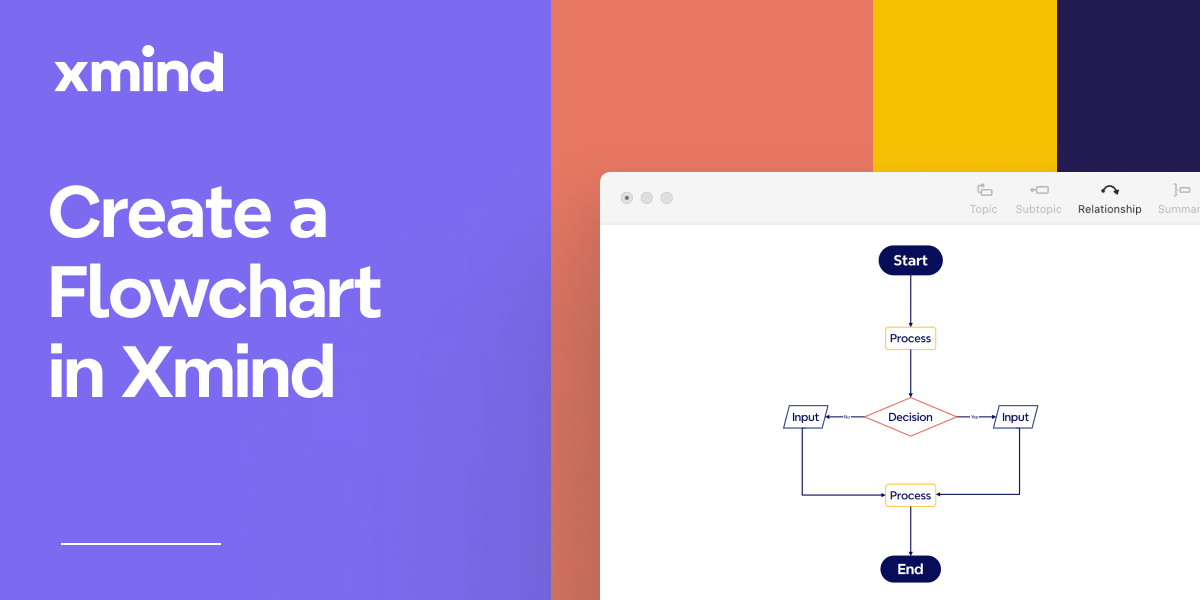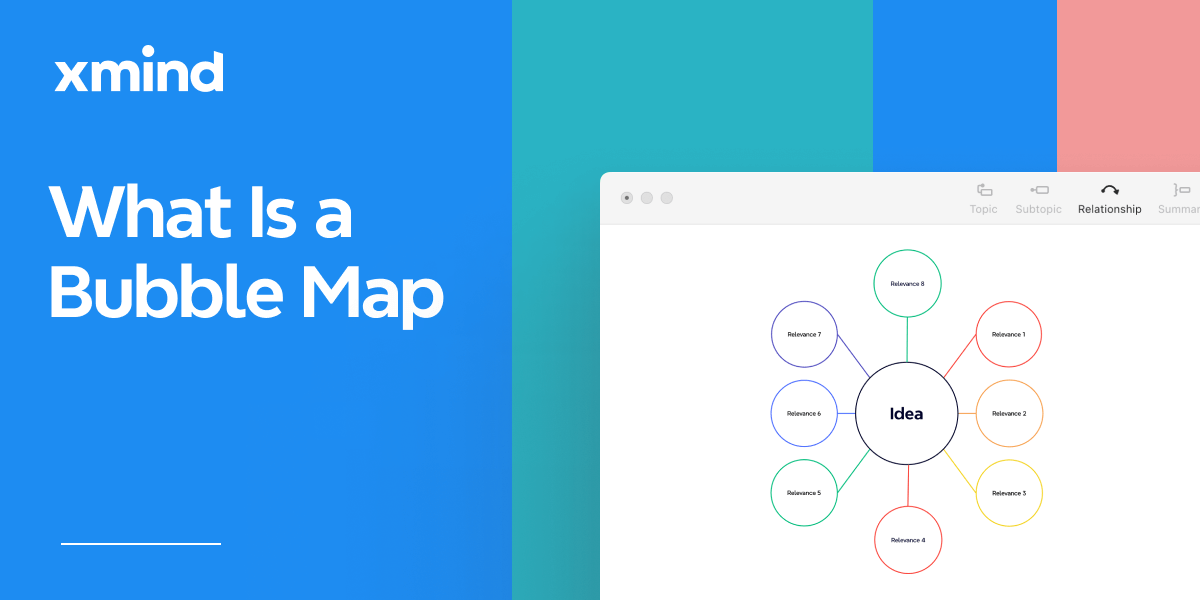Mar 1, 2022
Vertical Mind Maps Are on the Rise (Part 2): How to Create Vertical Mind Maps with XMind

Mar 1, 2022
Vertical Mind Maps Are on the Rise (Part 2): How to Create Vertical Mind Maps with XMind

The previous blog on vertical mind maps is all about the reasoning behind vertical mind maps. This time we’ll tackle the making of it! We’ll go over different types of vertical mind maps, how to make them, and how to incorporate various structures in your vertical mind map.
Without further ado, let’s dive into this mind mapping journey together!
Last time we discussed how vertical display of mind maps may help organize information when dealing with progressively progressing content structures. Inspired by this discovery, the below has been put together in hopes to provide some pointers on making your own vertical mind map.
- Reading Summaries
- Study Guides
- Example: Theme & Characters of The Great Gatsby
- Informational Infographics
- Example: Hiking in a Bear Country
- List Infographics
- Example: List of Contacts
📄 Vertical Mind Maps for Reading Summaries
Some readers like a comprehensive summary; that's when you do chapter to chapter analysis and comb out the logic behind the texts. When mind mapping regarding works of literature, it's ideal to open XMind and jot down all the thoughts that occur to the mind in accordance with the chapter titles as main topics. Keep it as short as possible!
After recalling what you remember regarding each chapter, go back to the book to find the content you did not recognize and add it to the map. However, keep in mind that this step adds to the framework of your mind map rather than truly understanding the content itself. Spend time to ponder on the content that didn't seem to leave an imprint in your head.
Using the logic chart as an example, you can drag the subtopics out and change them into floating topics, then use the ⌘ key to select and change the direction of Main Topic 2, 4, and 6. Hide the central topic by deleting the text inside the topic. Double click to insert a floating topic, stretch and move above your subtopics and use it as your title.
Sort out the listed information. Think about whether the chapters are in a parallel relationship or a progressive relationship. Then design the layout of your mind map based on what you found, use Boundary to group information, Callout for annotation, and Relationship to mark the connection between chapters.
📕 Vertical Mind Maps for Study Guides
Because everyone has various study habits and routines, the study guide is much more personal and customized.
Sorting and arranging the information in a list-like fashion helps us uncover the link and logic between each significant knowledge points. Students frequently use this strategy for memorizing vocabularies or reviewing course materials.
Consider using different structures in your mind map! Using a mix of structures in your review helps you further analyze and present complex ideas in a more straightforward way.

Unleash your creativity with XMind! Make use of features like Floating Topics, Markers, Stickers, and Illustrations! In the end, don’t forget to capture your work of art using Map Shot.
Here's a mind map made for the literary masterpiece The Great Gatsby.

🧭 Vertical Mind Maps for Informational Infographics
I am going to show you a vertical mind map created on the topic of traveling in a bear country. It is again made with floating topics and relationships.
With the capability to insert images as floating topics, I moved the images/illustrations according to my layout design. Information in the article by REI Co-op that interests me has been picked out and shortened into subtopics that fit nicely onto my vertical mind map.

With different social media platforms becoming vertical friendly, it’s a great way to share your findings with others through making a vertical mind map.
🔢 Vertical Mind Maps for List Infographics
A vertical mind map can organize important contact information into a vertical XMind file.
Export as a PNG file or share directly with XMind Share. A fast and straightforward presentation of essential parts of the entire document!

Start building your own today! It should be emphasized once more that vertical mind maps, like the conventional horizontal mind maps, foster innovation and discovery. Let the aforementioned tutorial to serve as inspiration for your next mind map rather than a strict structure to stick to!
Have fun and happy mind mapping :)
Reference
REI Co-op, Backpacking in Bear Country, 2022 Recreational Equipment, Inc. https://www.rei.com/learn/expert-advice/backpacking-in-bear-country.html
SparkNotes Editors. "The Great Gatsby Literature Review" SparkNotes LLC. 2022 www.sparknotes.com/lit/gatsby/
Icons from Flaticon by Freepik, Eucalyp, Chanut-is-industris, Umeicon, and Stockio
More Posts
Flowchart Essentials: Definition, Templates, and Free Softwares
Discover the power of flowcharts with our detailed guide. Learn what a flowchart is, explore practical use cases, and discover how to create and optimize them using softwares like Xmind and Xmind AI for enhanced workflow efficiency.

Bubble Maps: Definition, Examples, and How to Create in Xmind
Discover the power of bubble maps for data visualization with our comprehensive guide. Learn about different types, practical applications, and best mind mapping tools like Xmind. Get step-by-step instructions and expert tips to create stunning bubble maps for brainstorming, project management, and report writing.

The Complete Guide to Organizational Chart [2024]
Discover the simple steps to build dynamic organizational charts with Xmind.


One space for all your ideas
Organize thoughts, visualize structures, connect ideas, and unlock insights.
Get Started for Free


